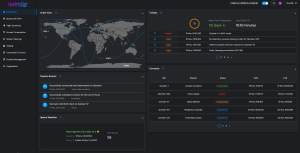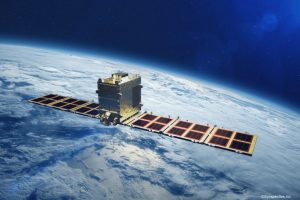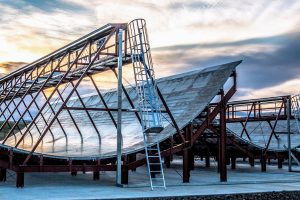The funding was led by Fuse with continuing investment from Y-Combinator and Funders Club.
“This infusion of funding will propel our mission to manage satellites as efficiently as servers by utilizing AI-driven insights and operations to revolutionize the industry’s approach to spacecraft management,” said the company in an announcement.
For those who prefer traditional methods – compared to AI-driven autopilot systems for flying satellites – manual override will always remain available, it added.
AI
Quindar says it has identified a key market demand – the ability to operate multiple satellite busses and payloads from a single platform.
“Customers are facing operational challenges as they build their next-generation fleets and ground segments. Add the bottlenecks in satellite manufacturing and upgraded payload designs and it is forcing customers to purchase satellites from various manufacturers – all of which operate differently.”
 To this end, it is working with KSAT and its new satellite operations business unit. KSAT provides a global ground network of antennas (right) to support missions in LEO, MEO, GEO and HEO, as well as Lunar missions, and it is using Quindar Mission Management.
To this end, it is working with KSAT and its new satellite operations business unit. KSAT provides a global ground network of antennas (right) to support missions in LEO, MEO, GEO and HEO, as well as Lunar missions, and it is using Quindar Mission Management.
The company – which is based in Denver, Colorado – held its initial funding round in January 2023. Since then it has “validated most of our operations software with an existing in-space customer, who is actively expanding their fleet”.
Quindar tones
The company name presumably echoes the Quindar tones.
See also: Spire’s Constellation Management app aims to simplify satellite ops
 Electronics Weekly Electronics Design & Components Tech News
Electronics Weekly Electronics Design & Components Tech News




